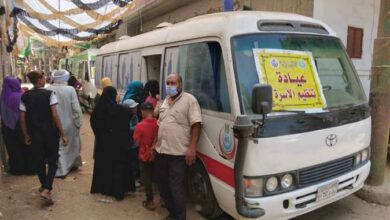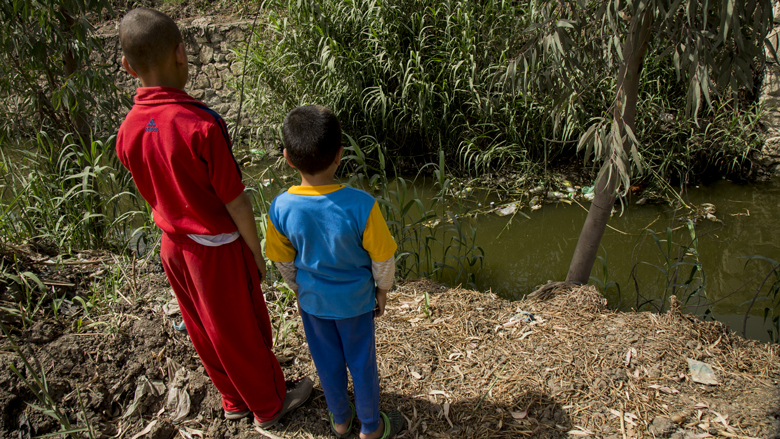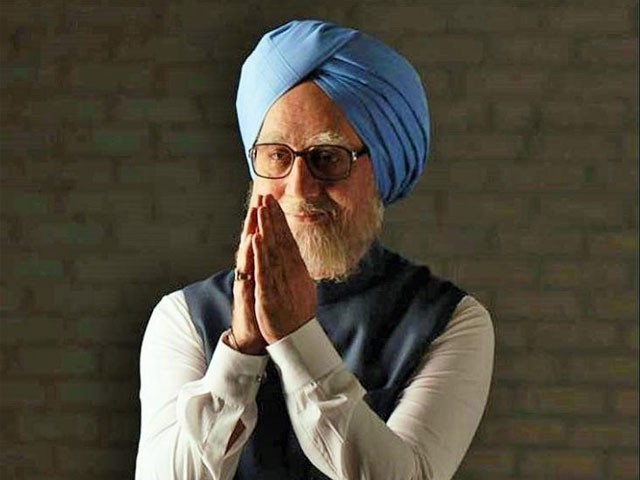This is the first part of an exclusive interview with Dr Ray Bush, Professor of African Studies and Development Politics at the University of Leeds, in which he discusses the history of rural Egypt between 1987 and today, a period during which agriculture was adversely affected by economic reforms and liberalization. His deep knowledge of agricultural problems in Egypt enables him to grasp the complex political landscape of rural areas. In the second part of the interview, to be published next week, Bush will give a detailed account of the present state of Egyptian agriculture, and discuss possible solutions to relieve the plight of farmers.
In rural parts of the country, the majority of farmers and workers maintain a very meager existence – with poverty, poor living conditions, physical violence and land theft being among the many unfortunate, albeit prevalent, aspects of their reality.
In hopes of uncovering and determining the past, present and possible future of rural life, Dr. Ray Bush has given Al Masry Al Youm an exclusive interview on the subject. His latest book, titled “Poverty and Neoliberalism in the Global South”, gives a detailed account of the causes of global hunger and poverty, despite the fact that we now have the food and resources to prevent it.
Al-Masry Al-Youm: Could you give me a rundown of Egypt’s recent agricultural history leading up to the revolution?
Ray Bush: Well, I think it’s important to take into account what the implications have been during the period since 1987, when economic reform and liberalization were first presented within agriculture. Youssef Wali, the erstwhile minister of agriculture, much more aggressively put in place the structures that began to emerge with Sadat and the policies of denassiration – the removal of Nasser regime policies – which effectively meant: “How can land in the countryside be given back to the erstwhile landowners?” And that, of course, culminated in law 96 of 1992.
Al-Masry: Could you elaborate a little on law 96 of 1992?
Bush: The law of 96 in 1992 effectively ended all rights in perpetuity for tenants, which Nasser had granted. So farmers were immediately pushed into a terrible limbo, unable to know whether or not they should invest in the land they had been farming on for a generation, a decade or more.
Al-Masry: And what did that mean?
Bush: Well, it means a real onslaught against farmer interests was established. The state didn’t even know the exact number of tenants there were in the countryside. There was a whole complexity to the countryside, which the tenancy law failed to grasp or understand, but still it went ahead because the parliament was a land-owning one driven by a minister who wanted to shift the balance of power in the countryside, and in doing so, promoted accumulation by dispossession.
Al-Masry: Could you elaborate on what accumulation by dispossession is?
Bush: Accumulation by dispossession is a term used to analyze two key processes of contemporary capitalism. The first is the way in which powerful northern states subordinate the Global South by extracting resources, the value added of which accrues in the North and not in the South. The second process is the way in which the development of rural capitalism is very uneven. By this I mean that the relatively short historical process of separating producers from the land in Europe, for example, with the development of industrial society, is in the Global South a much more persistent and recurrent feature of everyday life. The origins of land acquisition, and henceforth class distinctions, leads to the pivotal role of land dispossession. And in Egypt, it reflects the transformation of the countryside, as large-scale dispossession took place in the development of capitalist agriculture.
Al-Masry: How did the farmers react to this?
Bush: Well, they just didn’t believe Law 96 of 1992 would be enacted and they were shocked when it happened. People thought and feared that there would be a major peasant uprising. But what I’ve argued in Egypt is that you’ve effectively got the persistent, recurrent and systemic role that violence plays in not simply humbling, but in trying to construct a particular type of agriculture that works from the top down.
Al-Masry: So they would enforce the new tenancy laws and agricultural policies with violence?
Bush: Well, yes. If people didn’t give up their land the thugs would move in and beat up the people. Hundreds of people died in the struggles over land, and it continues right up until this day. If you look at the figures for 2010, there were more than 200 deaths in the countryside, perhaps 1,500 injuries and a similar number of arrests. I mean, rural living and the violence it entails is just something most Caireans aren’t familiar with. It’s a physical violence; not just of neglect and being forced out of their land, but of being attacked by the forces of law and disorder, by thugs and landowners. It raises serious questions about what kind of rural society is taking place or has emerged in the last 20 years, and it's been largely shaped, not by marginalization as people say, but by uneven incorporation.
Al-Masry: What do you mean by uneven incorporation as opposed to marginalization?
Bush: Well, marginalization is when people remain on the outskirts of economic and political policy. But what I’m suggesting is that actually, the poor are not poor because they are marginal to the process, but because of the character of growth that has been enforced upon them. When you ask farmers, even the big ones, they don’t know anything about government policy or strategy or sustainability, or what the government is talking about. These people aren’t marginalized; they’ve never been genuinely integrated.
Al-Masry: For what reasons in particular?
Bush: For reasons which are intrinsic to the nature of growth itself. So, in other words, poverty is the product of other people’s wealth. And that is the agricultural process in place here in Egypt. Uneven incorporation implies exactly that – that they are being effectively dispossessed through the character of Egypt’s economic growth. The heart of the matter is that successive governments in Egypt have failed to change the structure of the Egyptian economy, which is a structure that is dependent on rent. Rent means you’re just collecting cash, as opposed to an economic structure that shows a production of growth that creates jobs and wealth that can be reinvested for new rounds of commodity production. Since the late 1980s until the 2000s, you’ve seen a 3 percent per capita growth in GDP, which any developing country would give their right arm for because that’s what you want out of an economy to create and sustain development. But it hasn’t properly happened here, because poverty levels have not been eaten into. So why is it that Egypt has developed but Egyptians have not? There are headline macroeconomic figures, but no improvements in living standards distributed down through rural Egypt, which approximates to 40 percent of the population. Instead, there’s a skewed income distribution to a small percentage (4 percent) and that now has to be broken.
Al-Masry: In light of the recent revolution, do you think that the structure of agricultural politics can change?
Bush: Things can always change, no question about that. Whether they will or not is dependent on the power of the people down in the streets. If one thing has been absolutely clear since the revolution, it’s that even when the powers that be do not want to concede to the powers of reform, they have to re-think, because the power of the street will mobilize. And this shows that people’s intrinsic, democratic rights will not be given up easily.
Al-Masry: Since you’ve been back, what’s the spirit of farmers since the revolution been like?
Bush: Well their mood is elevated in the sense that they now see this as a real opportunity to bring to the fore and to the public imagination something that has been hidden for too long. So yes, there is optimism that there can be a hope for change. But that hope for change must not be left to the ministry of agriculture. It has to be a facility of struggle between the farmers themselves and political agency to bring to public discourse an agenda for rural transformation that’s positive and drives rural equity, rather than just the idea of growth per se.
[To Be Continued]



